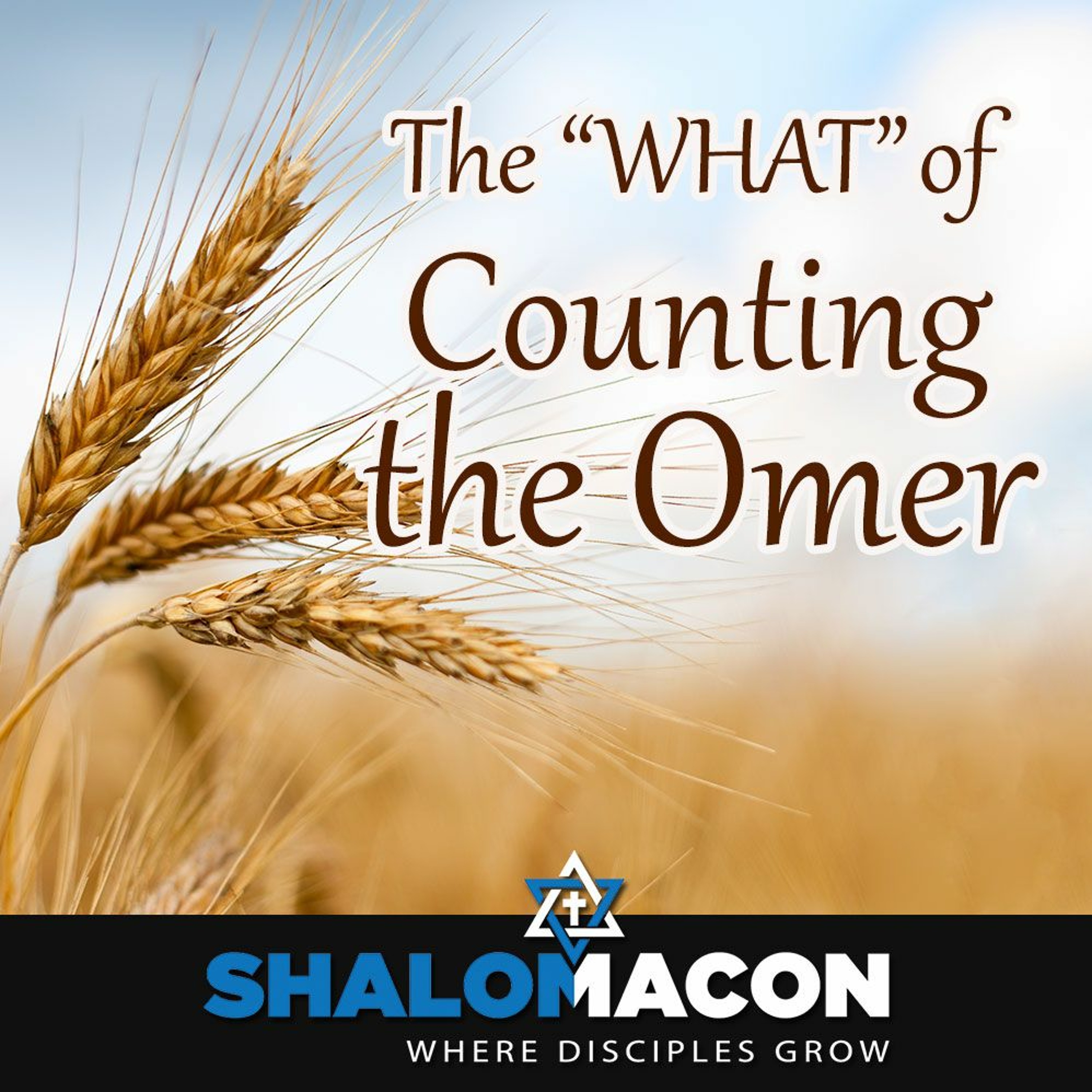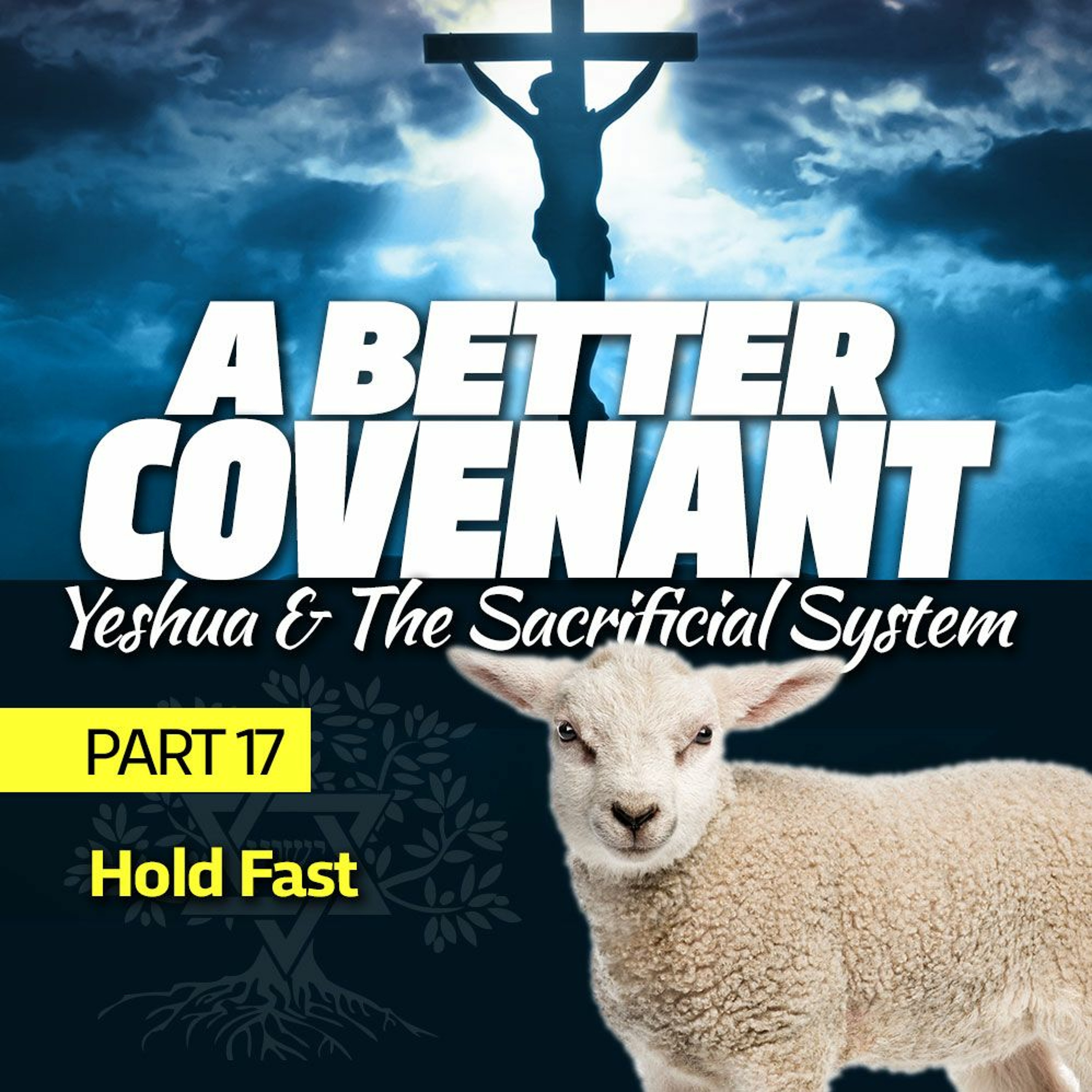[00:00:00] Speaker A: Whenever I want a really good read, I go down to the library, find myself a nice comfy chair, and snuggle up to a copy of the latest work published by my favorite author, the US Census Bureau. Yes, sir. There's nothing better than sitting there with one of those massive tomes and reading through the populations of cities across the country. I especially like it when the plot thickens and they start naming names. And I'm a little partial to the 1972 edition. This sounds pretty crazy, right? That's because it is. And if you want to know how this relates to our current Torah portion, then hang around for this week's five minute Torah.
Welcome back, Shalomis, to another five minute Torah episode. I apologize for not being around last week because I was ill and I could not make the video. Thank you for your prayers, but I'm back this week and let's give it a go. This week we're studying the Torah portion of Bamidbar. Numbers one, 1420. And here are the three things you need to know about it. Number one, israelite census. Gathering the troops. The Torah portion of Bamidbar begins with the detailed census of the israelite men eligible for military service, specifically those aged 20 and above, conducted in the wilderness of Sinai. This census served multiple purposes. It established the total number of fighting men, organized the Israelites for efficient movement and defense, and it reinforced the sense of order and structure within the israelite camp. The census, led by Moses and Aaron, with the help of the tribal leaders, counted each tribe individually, showing the importance of each tribe's contribution to the whole. This process not only prepared the Israelites for their journey and potential conflicts ahead, but also strengthened their identity as a unified people under God's covenant, preparing them for the challenges of entering the promised land. Number two, holy. The role of the Levites. In the Torah portion of Bambi Bar, the Levites are designated for special roles related to the care, transportation, and service of the Mishkan, or tabernacle. Unlike the other tribes, the Levites are not included in the general census for military service. Instead, theyre set apart for religious duties. Their responsibilities include assembling and disassembling the tabernacle during the Israelites journeys and safeguarding its holy furnishings. The job may have been mundane on one level, but it was incredibly important on many others. Their service made it possible for the proper function of the tabernacle, as well as its sanctity. Remaining unsoiled. The service of the Levites was crucial to the connection between God and his people. And number three, pidion haben, redemption of the firstborn although the Torah has briefly mentioned the redemption of the first born previously, its not until our current Torah portion that we learn about what this means. In the Book of Exodus, we learn that all the firstborn males of Israel were consecrated to God in commemoration of what God did by sparing the firstborn of Israel while striking down those in Egypt. In Babin Bar, God commands that the Levites be taken as substitutes for the firstborn of Israel, dedicating them to the service of the tabernacle. Then a census of the firstborn males and the Levites is conducted and any surplus of firstborns over Levites is redeemed with a monetary payment. This act of redemption is a constant reminder that all firstborn Israelites belong to God, the one who is the ultimate giver of life. If you're looking for a place to learn, connect and grow, then Shalom Macon is the place. It doesn't matter where you are in the world. You can find a connection with Shalom Macon through our live services every Saturday and through our private social network network we call Shalom at home. Check us out on YouTube and on our
[email protected] for more information. We look forward to connecting with you and seeing you this Shabbat. This week's Torah commentary is called the importance of order and comes from my book, five Minute Torah, volume two. The portion of Babimbar, the first portion of the Book of Numbers, often gets a bad rap. The bulk of it is filled with the results of a national census, the arrangement of the tribal encampments, and the duties of the Levites in Kohanim. For many people, this material doesn't really hold their attention. They're looking for something they can quote, sink their teeth into. But reading the Torah and understanding its principles takes more than a casual read. The Torah portion, Abb Mi bar, is one of those Torah portions that begs us to peer deeper inside it to see meaning and application. Besides the obvious and practical instructions given to the children of Israel regarding their encampment and responsibilities, the fact that these seemingly mundane details were recorded and preserved for us and the holy scriptures should inform us of their importance. We have to stop and ask questions that help us dig into the text on a deeper level. One of the lessons we can learn from this week's portion can be found in an interpretation of the Midrash presented by the Musar masters. When the holy one, blessed be, he, told Moses, organize them under standards in accordance with their desire. According to numbers two two, Moses began to feel distressed, he thought, now strife will arise among the tribes. For if I bid the tribe of Judah camp on the east side of the Tabernacle and he says, I will accept only the south. And the same applies to Reuben and the same to Ephraim and to each of the other tribes. What am I to do? This is from Bamibar Rabba. Two eight Musar teachers use this example from the Midrash to instill within their students the importance of order. Why did the Lord give them specific instructions how to arrange themselves around the tenement meeting? Why didnt he just leave the choice of the encampments up to the tribes? The answer has to do with the character of the Lord. It is in his very nature to rule the universe with order. He is the one who distinguishes one day from another and sets the sun, stars, and planets in motion. He is the one who has created the cycles of life, the seasons of the year, and even the laws of the universe. God is a God of order. Everything he does involves order and structure. The reason the Lord assigns each tribe to a particular encampment is that he wants to teach the children of Israel the importance of order. In this passage, Moses is concerned that when he assigns the tribes their encampment positions, they will argue with him about their assignments. Why does he think this? Because its human nature to resist imposed order. Although structure and order come natural for some, for most people, like me, it doesnt come without a fight. However, when we work to have order in our lives, we create the ability to transcend the routine and produce spiritual fruit in our lives. The teachers of Musar see the character trait of order like a clasp on a necklace. Expensive pearls. Although the clasp is the least noticed and least appreciated component of the necklace, if it becomes detached and all the pearls fall to the ground, its importance will be immediately recognized. However, if the clasp holds, the necklace is preserved along with its beauty. One of our tasks is to imitate the Lord, and we can do certain things in order to imitate his character. Trait of order for instance, when we light candles and say a blessing over wine and bread to begin Shabbat or a festival, we create order. When we light a multicolored candle and say blessings over wine and special spices at the end of the Shabbat to make a distinction between the 7th day and the 6th days of the week, we create order. When we wake up and give thanks to our maker before starting our day, we create order. A multitude of other examples could be listed, however. The principle is that anytime we make space for order and structure in our lives, we are able to see beyond the confusion and disorder of life and peer into the character of God. Is your life out of order? Do you feel like you're constantly in the ring with Captain Chaos? Here's a word of encouragement. No matter how crazy things are around you, you can do one step to create some order in your life. And in that small corner of order, you can take refuge and plan your next attack on Captain Chaos. Whether you struggle with disorder and chaos or youve wrangled it into submission, I would love to hear whats going on in your life and what this weeks five minute Torah is saying to you. Just drop me a note in the comments below. Speaking of getting rid of old habits and starting new ones, I taught a three part series recently that might help you in this arena. Its called killing my old man and its all about how to subdue the old man inside you and let the new new man flourish. You can check it out using the link above or at the end of this video. I'll see you next week for another messianic insight into the eternal Torah of God. Blessings from Shalom Macon, the place where disciples of Yeshua learn, connect, and grow.
[00:09:08] Speaker B: Please visit our website shalomacon.org to learn more about us. Join our live services, access other teachings, sign up for our newsletter, join our private network that will connect you with our greater community community from around the world, or contribute to the work of Shalom Macon. Thank you for watching and we look forward to connecting with.



